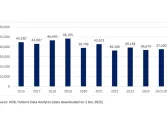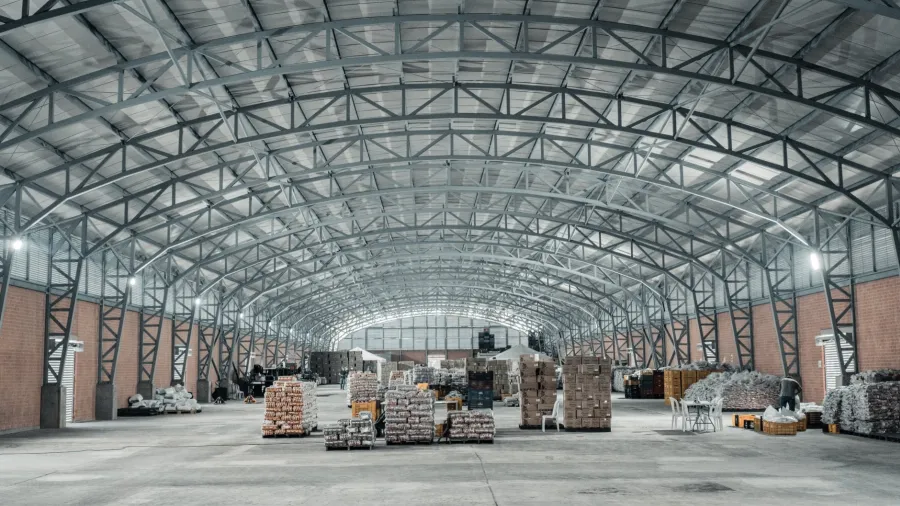
What does the future look like for Thailand’s logistics market?
Demand from e-commerce, automotive, and electronics sectors will be sustained until the end of the year.
According to a Knight Frank report, the logistics and warehouse market in H1 2024 demonstrated substantial growth, building on the economic momentum of the past year. Total supply increased by 8.9% H-o-H, reflecting robust developer confidence in the sector, particularly in the Bangkok Metropolitan Region (BMR) and Eastern Seaboard, which continue to dominate logistics infrastructure development.
Occupancy rates remained strong at 85.0%, a slight decline from previous levels but still reflective of healthy demand as net absorption reached 458,224 sq m.
Here’s more from Knight Frank:
Key sectors such as e-commerce, automotive, and electronics played pivotal roles in driving demand. In particular, the e-commerce sector has sustained its strong growth, stimulated by last-mile delivery needs. Meanwhile, the automotive industry experienced a surge in demand for warehouse space, fueled by the expansion of electric vehicle (EV) production and infrastructure, aligning with global sustainability efforts.
Air transportation, which saw a 15.9% Y-o-Y increase, supported growth in high-value sectors like electronics and medical devices, while road transportation also contributed significantly to the logistics sector, driven by cross-border trade with China and Malaysia. Notably, rail transportation emerged as a growing alternative, with a 51.3% YoY increase, indicating future potential for efficiency in goods movement, particularly in the Eastern Economic Corridor (EEC).
Looking forward, the pipeline for future supply, especially in the Eastern Seaboard, suggests continued confidence in the sector's growth potential. However, developers are paying close attention to market absorption rates to avoid extended vacancy periods. Rental rates remained stable at 158 Baht/sq m, with the BMR commanding the highest rates at 230 Baht/sq m for premium properties.
Moving into H2 2024, the logistics property market is expected to remain competitive, with sustained demand from sectors like e-commerce, automotive, and electronics, as well as an increase in warehouse automation and flexible space solutions.

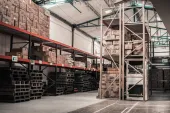



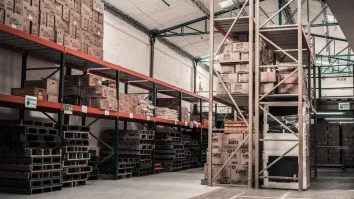







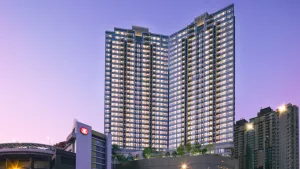





 Advertise
Advertise
